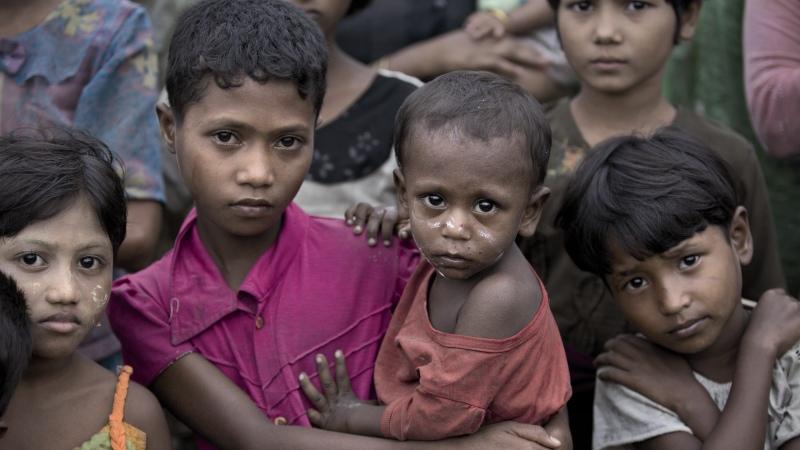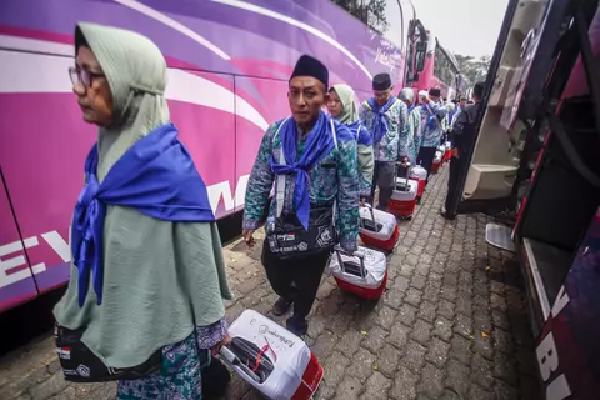The report from the United Nations agency was based on an assessment of villages in western Rakhine state, where some 75,000 stateless Muslim Rohingya people have fled a bloody army crackdown.
Those who remain are now reeling from a food crisis, with WFP finding one-third of homes are experiencing extreme food deprivation in Maungdaw, one district particularly affected by the violence. This includes episodes of no food in the house or not eating for 24 hours.
A quarter of all households composed of only one female adult as the men had left due to the military campaign. These households had the highest frequency of episodes of severe hunger, WFP said.
No children under the age of two met minimum adequate diet requirements, the assessment found, while 225,000 people need humanitarian assistance.
“It is estimated that 80,500 children under the age of five are expected to be in need of treatment for acute malnutrition over the next twelve months,” the WFP report said. A WFP spokesperson in Myanmar said this “wasting” — condition of rapid weight lose that can become fatal — impairs the functioning of the immune system.
“The survey has confirmed a worsening of the food security situation in already highly vulnerable areas following the security incidents and ensuing violence in late 2016,” the WFP report said.
The country’s de-facto leader, Aung San Suu Kyi, who was awarded the Nobel peace prize in 1991, has been criticised by more than a dozen fellow laureates for the armed response. They wrote an open letter to the UN security council warning of a tragedy “amounting to ethnic cleansing and crimes against humanity” in Rakhine state.
Regardless, Myanmar said last month it will refuse entry to members of a United Nations investigation focusing on allegations of killings, rape and torture by security forces against Rohingya Muslims.
The WFP assessment found that in area affected by the violence, nearly half of the markets were not or only partially functioning. “Food prices were highly volatile, and supply of affordable dried fish, a main source of proteins for the population, was scarce,” the report said.
“Under these circumstances and with the upcoming rainy season that may aggravate an already fragile situation, the capacity of the most vulnerable population to access sufficient food in the long-term is severally undermined and will depend on the humanitarian assistance in the near future.”
/257
(AhlulBayt News Agency) - More than 80,000 children under the age of five living in majority-Muslim areas of western Myanmar are “wasting” and will need treatment for acute malnutrition over the next year, the World Food Programme has warned.
17 July 2017 - 13:34
News ID: 842712





